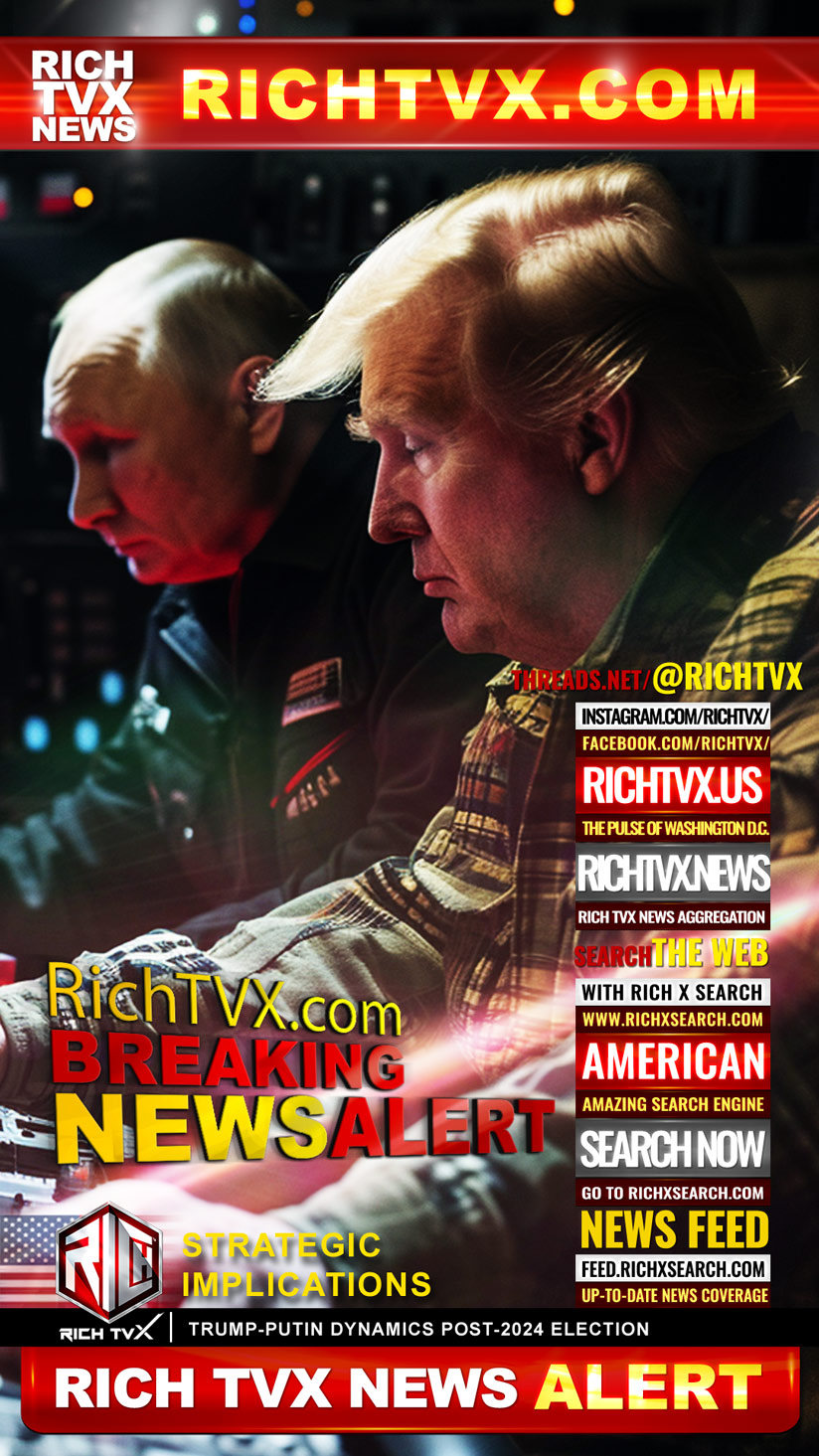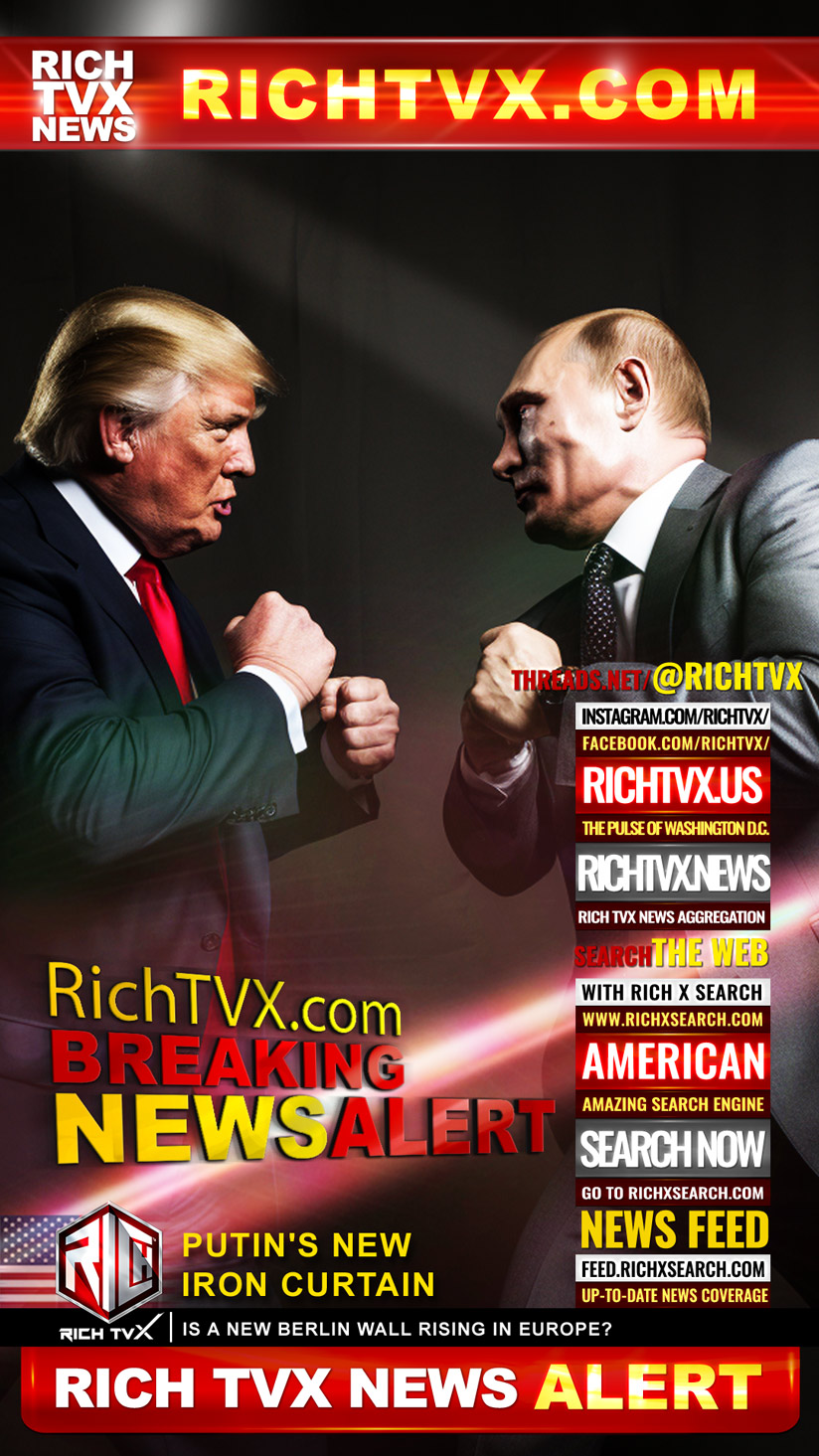Converging Geopolitical Ambitions
The strategic focus of Vladimir Putin remains the diminishment of U.S. influence in Europe. This objective is now finding common ground with Donald Trump’s “America First” policy, hinting at a shift towards a potential realignment in global power. A new division of influence, akin to a “Yalta Conference” redux, could be on the horizon, reshaping the European political map and potentially diminishing the EU’s geopolitical clout, pushing it towards closer ties with emerging markets in the Global South.
Economic Fallout for the European Union
Under Trump’s administration, a resurgence of protectionist policies is anticipated, with the imposition of high tariffs likely to strain U.S.-EU trade relations. This economic rift may force the EU to pivot towards increased dependence on Chinese investments and Russian energy imports. The subsequent trade imbalances could weaken the economic standing of the European Union, heightening its exposure to external pressures from rising powers in the Global South.
Shifts in Strategic Alliances and Waning EU Power
The possibility of a Trump-Putin collaboration poses significant challenges for Europe’s strategic autonomy. With Trump’s expected withdrawal from active global engagement, Russia and China may step in to fill the void, offering economic incentives and energy deals. This dynamic, combined with a weakened NATO influence, could lead to a reduced role for the EU in global decision-making, aligning Europe more closely with the strategic interests of Russia and China.
Rise of Pro-Putin Extremist Movements in Europe
Across Europe, pro-Putin factions are gaining momentum. The rise of far-right and far-left extremist movements in countries like Hungary, Slovakia, Italy, and the Netherlands signals growing discontent with traditional Western alliances. Trump’s presidency may act as a catalyst, further emboldening these groups, intensifying EU fragmentation, and fostering a political climate more receptive to Russia’s strategic ambitions.
Conclusion
The alignment of Trump’s isolationist stance with Putin’s expansionist agenda could accelerate the destabilization of the post-Cold War order in Europe. The EU may find itself at the center of a new geopolitical struggle, influenced by shifting alliances and emerging powers. A unified strategy, economic diversification, and strengthened transatlantic ties will be crucial for Europe to navigate this evolving landscape and maintain stability on the continent.








